Hot premieres, award-winning titles, recognisable names, and bold debuts. Intimate, oftentimes personal stories about oneself and loved ones, as well as powerful, current topics that have been the talk of the world. It’s this year’s International Documentary Competition in a nutshell. The program features 14 outstanding productions from all over the world, including two from Poland.
Who am I and who am I not? – this is how this year’s competition could be summarised, referring to one of the titles. The protagonists of the films struggle with the traumas of growing up; they search for identity and roots, show what it means to be a victim of violence (political or domestic), complicate our perceptions of people with disabilities or transgender individuals; they want to live and die on their own terms. The creators of these films use a variety of means: from family archives to journalistic investigations and war correspondence, from intimate observations to the language of theatre: all in order to deepen and nuance our perception of the world, which today is so easily subject to simplification and polarisation – Anita Piotrowska, film critic and curator of the Krakow Film Festival, sums up the competitive segment.
Who Am I Playing?
Theatre or cult? Art or violence? The documentary Radical Move by Aniela Gabryel attempts to answer this question. The director introduces us to the closed, controversial world created by Jerzy Grotowski. For the first time, participants of the “Workcenter” he founded in Pontedera, Italy, speak so openly about their experiences working using the methods of one of the greatest revolutionaries of Polish and world theatre.
The students in Dreaming Arizona also invite us to the stage. A documentary fantasy played by real people – is how director Jon Bang Carlsen describes his new film. The protagonists of this story are five high school students from a town in Arizona, and the main material consists of feelings, traumas, and dreams revealed in front of the camera and on stage. The result is a unique cinematic hybrid, one firmly rooted in a place where growing up is marked by scarcity, violence, environmental degradation, and the memory of indigenous inhabitants.
It’s time for a vibrant street theatre where the hero’s fate depends on a single performance in a competition. A spectacular, colourful show – that’s what the famous carnival celebrations are known for. But what do they look like in one of the world’s poorest countries, Cuba. Director William Sabourin O’Reilly, a Cuban native, takes us behind the scenes of the preparations for the renowned Conga carnival contest in his film Lazaro and the Shark. Cuba Under the Surface.
The main character of the IDFA-recognised documentary Much Ado About Dying cannot escape the theatre. David is a former actor who still quotes Shakespeare, a lonely gay man, and a colourful, eccentric figure. The film, made by his relative Simon Chambers, is both the protagonist’s last showpiece role and an incredibly intimate record of his farewell to the world. The thing is, David doesn’t intend to die at all.
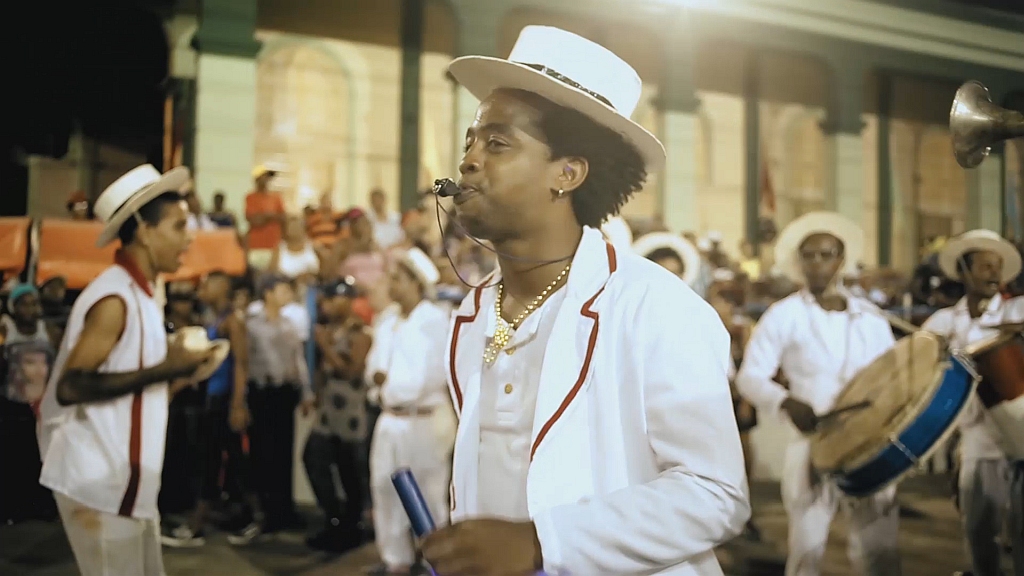
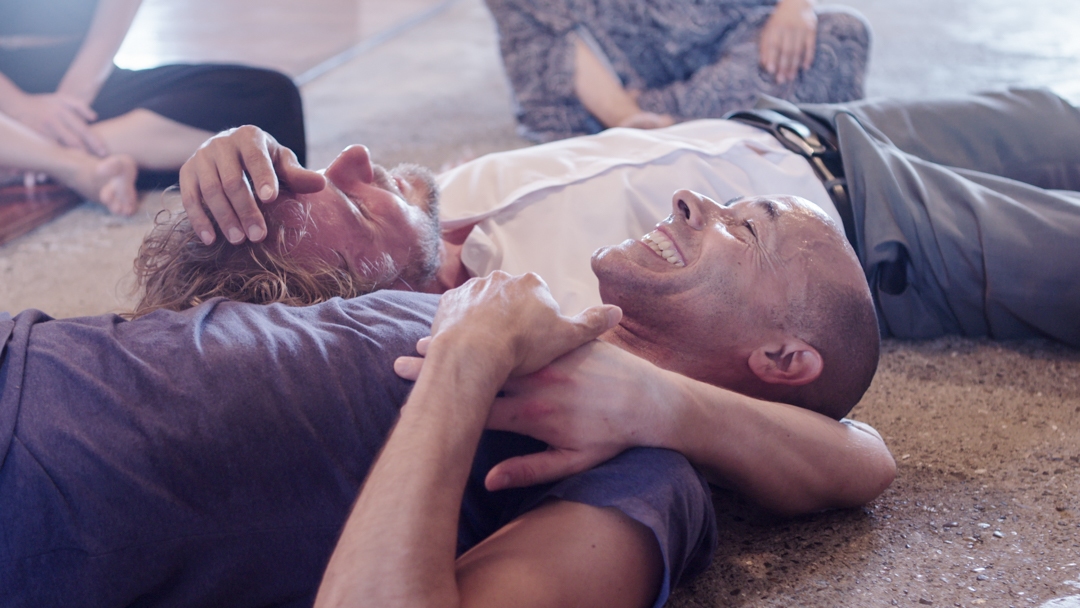
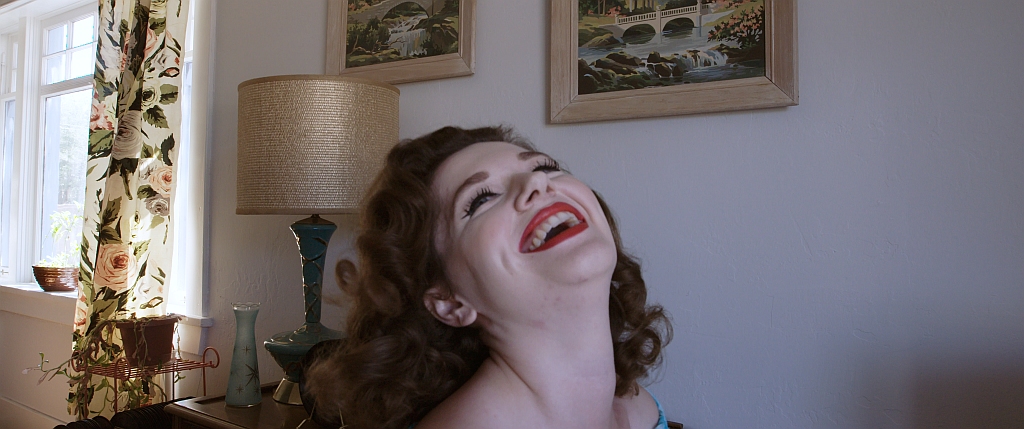
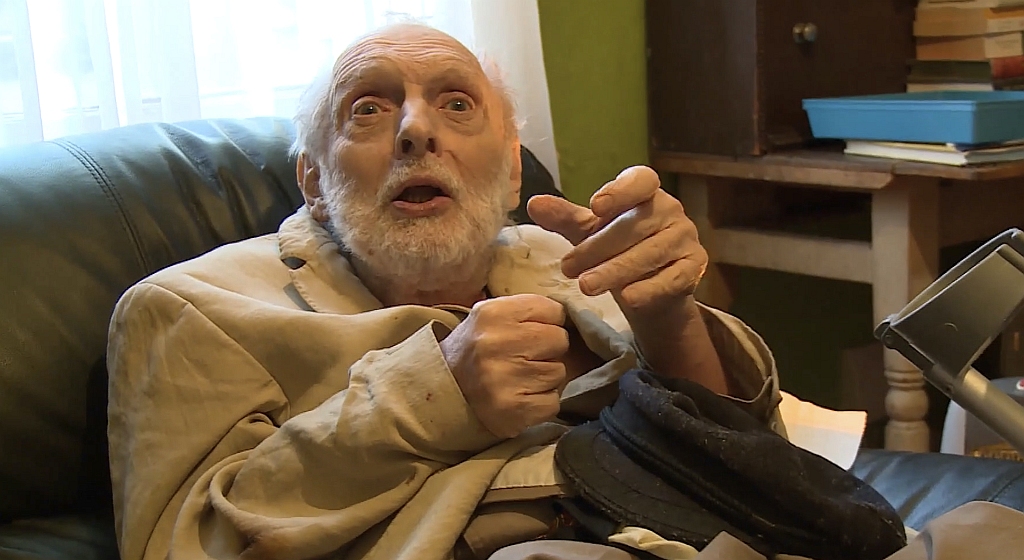
Who Am I?
Ella Glendinning is both the heroine and director of the documentary Is There Anybody Out There? Despite her severe body deformity, she lives life to the fullest, fulfilling her roles as a woman, mother, and artist. She embarks on a long journey to find out if there are others in the world with a condition similar to hers. The result of this search is an incredibly intimate, courageous, and honest self-portrait; one that took many years to be created.
Sharon was a Miss South Africa finalist, while Dimakatso is a well-known activist. What they have in common is that they are both intersex and the protagonists of the film Who I Am Not. Director Tunde Skovran approaches the subject with extraordinary care and sensitivity, letting Sharon and Dimakatso speak freely. Their daily lives involve struggling against prejudices and the pressure to clearly define their identity.
Meanwhile, Mutlu Kaya is a girl who knew who she was and who she wanted to become. Everything changed in 2015 when she was shot. The severe brain injury she sustained put an end to her otherwise promising career. The creators of My Name Is Happy (dir. Nick Read, Ayse Toprak) follow the story of a girl who decided to bring the offender to justice. Thanks to her popularity on social media, she became a symbol of resistance against the continued impunity of honour killing perpetrators, whose victims include many women in southeastern Turkey.
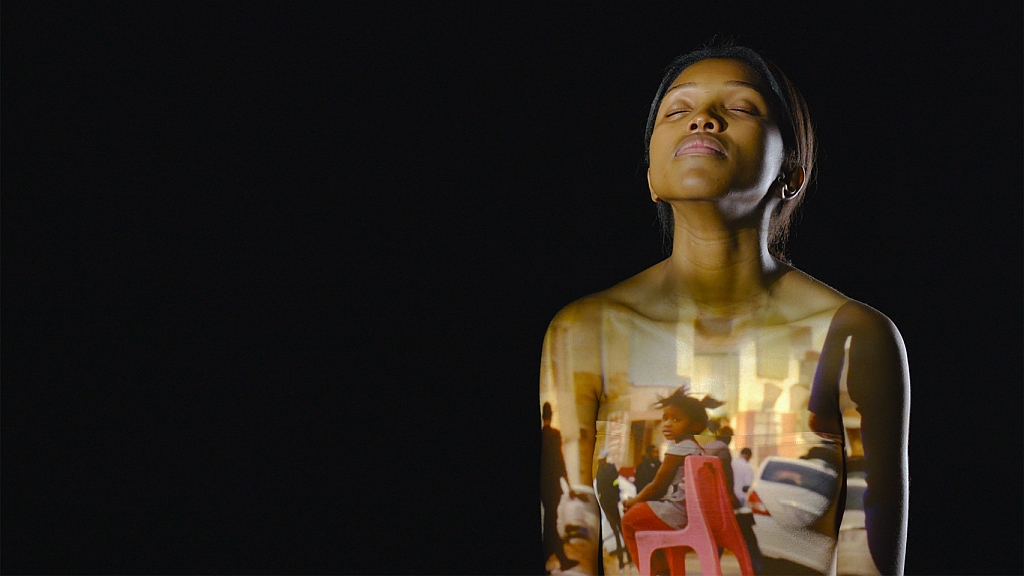
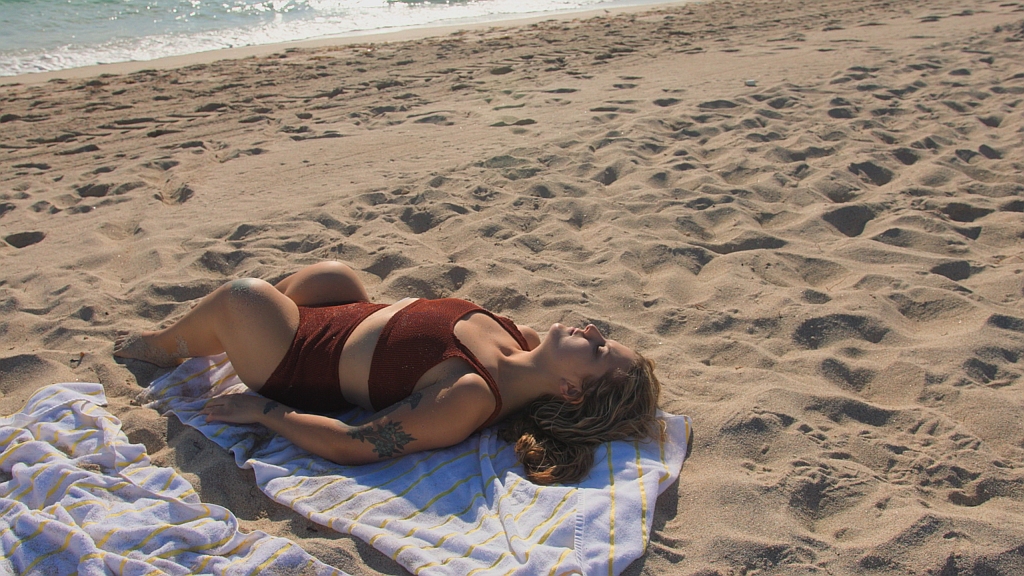
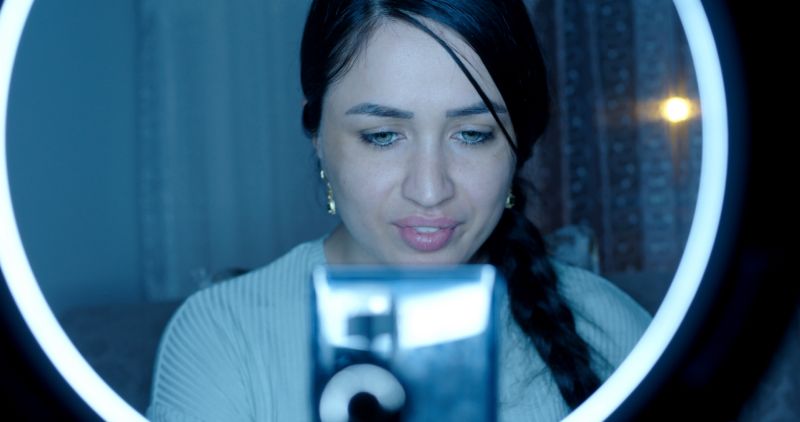
Where Am I From?
Elena Rebeca Carini is another director who becomes the protagonist of her own film. In The Land You Belong, she travels a long way – from northern Italy to Bucharest – to find her biological family. She is accompanied by her recently discovered biological brother who experiences the journey very differently. For Elena, it’s also a journey of self-discovery, full of questions about her belonging and uniqueness, her roots, and family bonds.
Margreth Olin also takes us back to her family’s homeland.The co-creator of the famous The Self-Portrait returns to the house she left thirty years ago. In the enchanting Songs of Earth, she visits the mountainous regions of western Norway with a camera to follow in the footsteps of her parents and ancestors and answer the question: where am I from? Here, a family story transforms into a breathtaking visual and auditory poem. Using a dual scale – micro and macro – the film reveals an intimate and simultaneously universal world.dzo uniwersalny.
Where do the protagonists of Unpaved, the new Polish documentary by Mikael Lypinski, come from? Once again, the director returns with extraordinary portraits of nomads, anti-establishment figures, escapees, and exiles. This time, he points the lens at a small community living among the mountains and forests of Oregon. People there live a Spartan lifestyle, but they do it on their terms – in close contact with nature, animals, and each other.
The inhabitants of Silent House, the directorial debut of siblings Farnaz Jurabchian and Mohammad Reza Jurabchian, are quite different from Lypinski’s protagonists. The same family has lived in the titular house for three generations. Women, led by the grandmother, have played a crucial role in the family, and they largely become our guides – from the time of the Shah, through the Islamic revolution, to the present day.
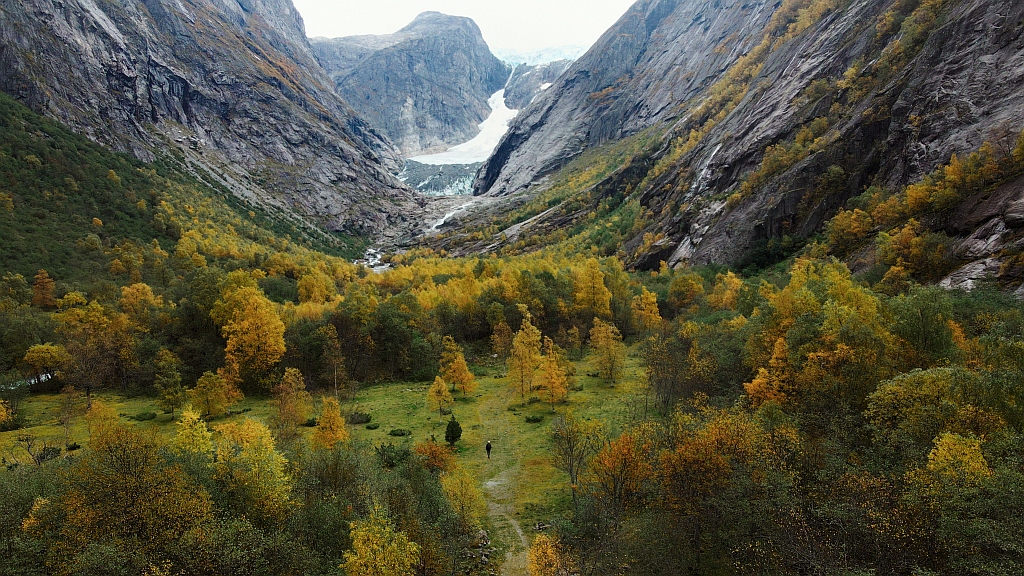
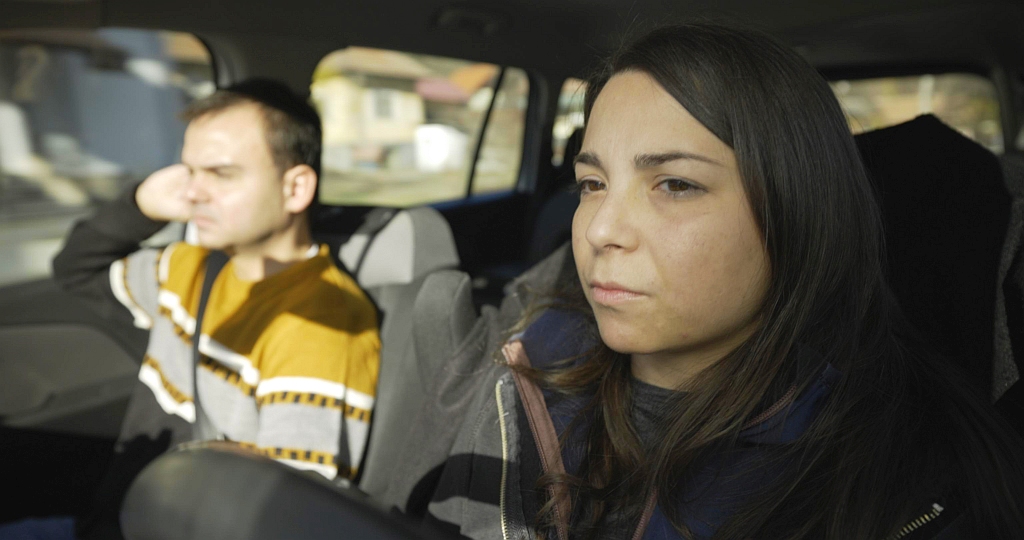
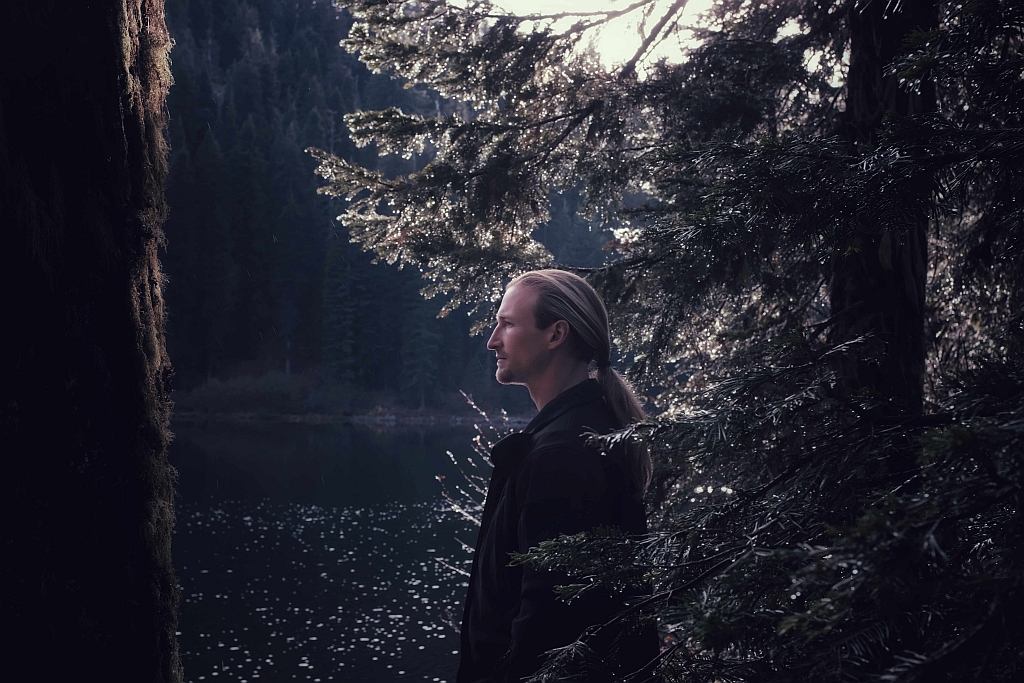
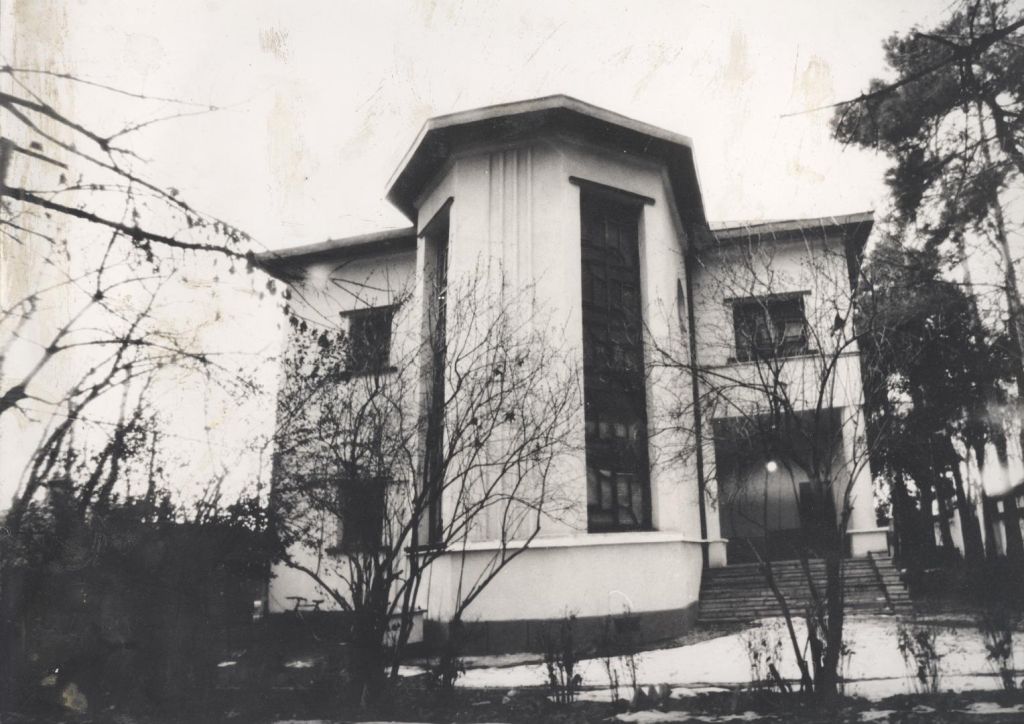
What Can I Do?
“We were blind: the war currently taking place in Ukraine started nine years ago,” says French photojournalist Pierre Crom, the protagonist of the documentary Signs of War (dir. Juri Rechinsky, Pierre Crom). In 2014, he was one of those documenting the first Russian attack on Ukrainian independence, unaware that it was only a prelude to the recent full-scale invasion.
Awarded the Grand Prix at the prestigious CPH:DOX, Motherland by Hanna Badziaka and Alexander Mihalkovich is a touching portrait of contemporary, fighting Belarus. We meet Svetlana, who wants to uncover the truth about her son’s death and expose the culture of violence and abuse in the Belarusian army. There is also a group of young people who, instead of going to techno raves, have to face conscription. Units transform into a mass to take to the streets and protest against the president-dictator after the next election.
The protagonists of The Hostage Takers (dir. Puk Damsgaard, Søren Klovborg) “specialise” in violence and cruelty. They were called The Beatles because they had lived in the UK before joining ISIS – that’s where they grew up and spoke with the local accent. As prison guards, they watched over Western hostages, showing particular brutality.
There were well-known war correspondents among the kidnapped – not all of them returned. The film achieves something unique: conversations with former jihadists are confronted with the memories of victims, negotiators, and witnesses – creating a true documentary thriller.
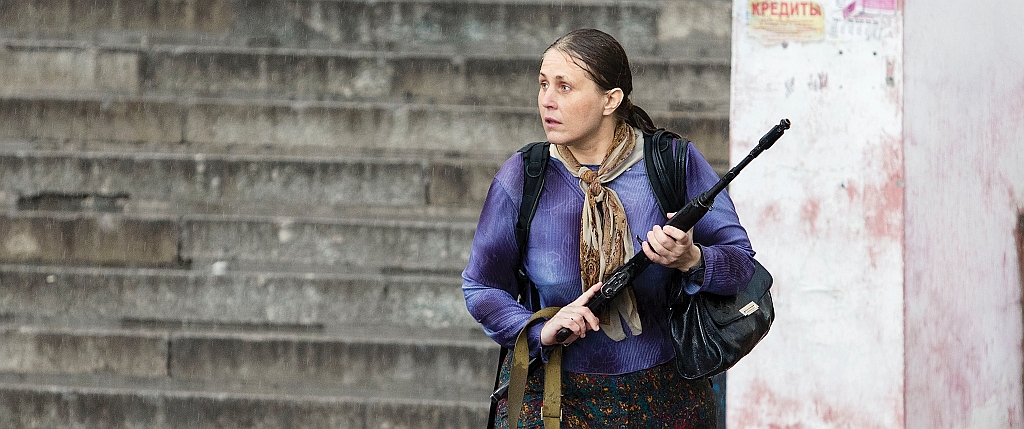
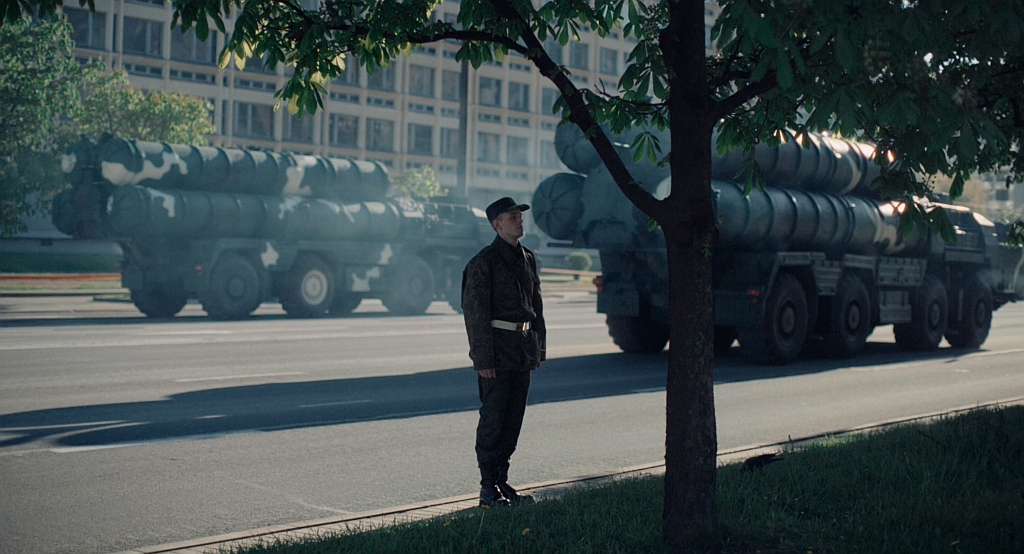
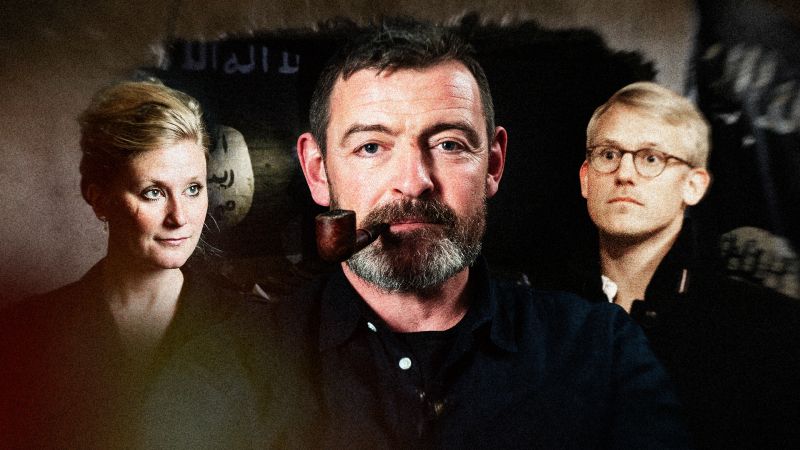
Films in the International Documentary Competition
- Unpaved, dir. Mikael Lypinski, Poland, 70’, 2023
- Is There Anybody Out There?, dir. Ella Glendining, Great Britain, 87’, 2023
- Who I Am Not, dir. Tunde Skovran, Romania, Canada, 105’, 2023
- The Land You Belong, dir. Elena Rebeca Carini, Italy, Romania, 89’ 2023
- Lazaro and the Shark. Cuba Under the Surface, dir. William Sabourin O´Reilly, Cuba, USA, 76’, 2022
- My Name is Happy, dir. Nick Read, Ayse Toprak, Great Britain, Turkey, 82’, 2022
- Motherland, dir. Alexander Mihalkovich, Hanna Badziaka, Sweden, Ukraine, Norway, 92’, 2023
- Silent House, dir. Farnaz Jurabchian, Mohammad Reza Jurabchian, Iran, Qatar, Canada, Philippines, 102’, 2022
- Song of Earth, dir. Margreth Olin, Norway, 90’, 2023
- The Hostage Takers, dir. Puk Damsgaard, Søren Klovborg, Denmark, 86’, 2023
- Radical Move, dir. Aniela Gabryel, Poland, 77’, 2023
- Dreaming Arizona, dir. Jon Bang Carlsen, Denmark, Estonia, Norway, 75’, 2022
- Signs of War, dir. Juri Rechinsky, Pierre Crom, Ukraine, Austria, 85’, 2022
- Much Ado About Dying, dir. Simon Chambers, Ireland, Great Britain, 84’, 2022
Krakow Film Festival is on the exclusive list of qualifying events for the Oscars in the categories of short film (live action, animated, documentary) and documentary feature, as well a recommending event for the European Film Awards in the same categories.
Kraków Film Festival is organised with the financial support of the European Union as part of the “Creative Europe” program, the City of Kraków, the Polish Film Institute, the Ministry of Culture and National Heritage, and the Lesser Poland Province. The co-organiser is the Polish Filmmakers Association, and the main organiser is the Krakow Film Foundation.
The 63rd Krakow Film Festival will be held in cinemas from 28 May to 4 June and across Poland at the KFF VOD online streaming platform between 2 and 18 June